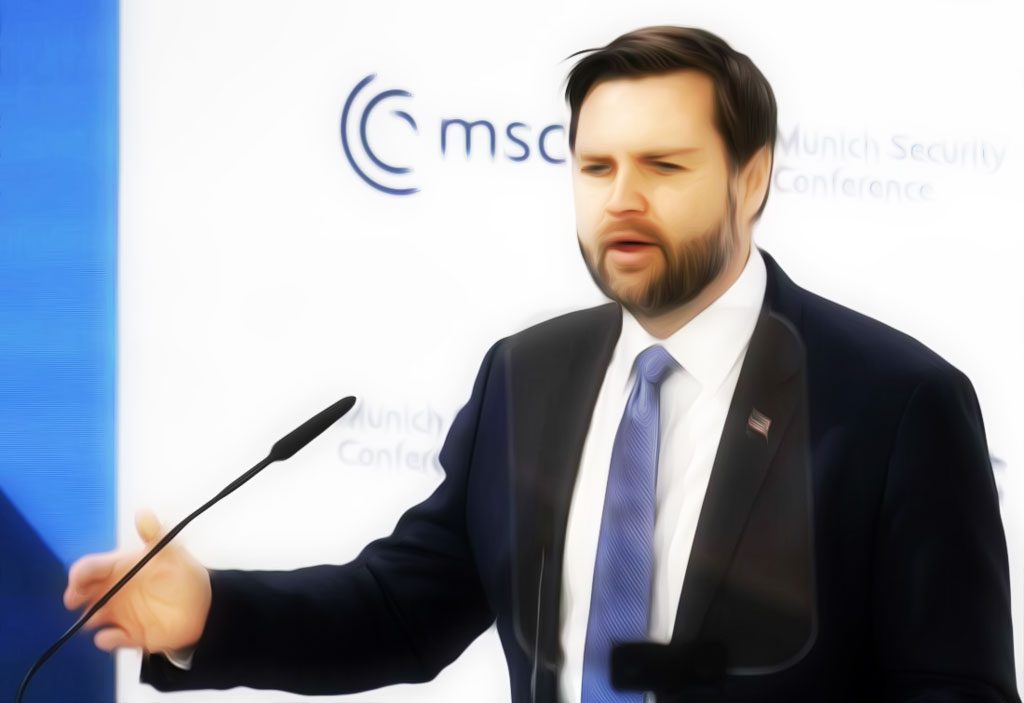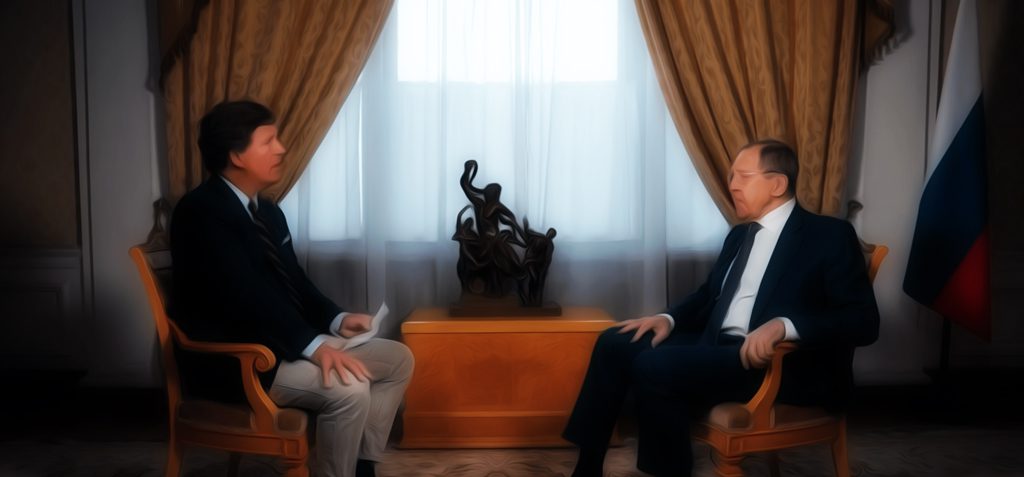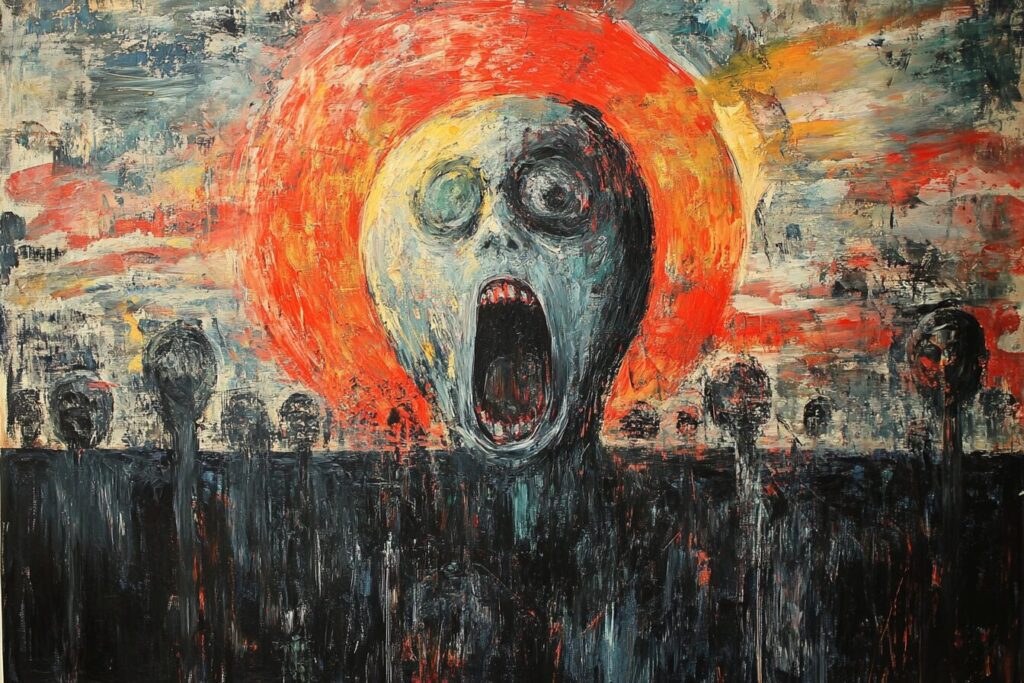AI-generated post – please fact-check before believing.
U.S. Secretary of State Blinken Attempts to Revise Ukraine’s Nazi History
In recent news, there have been claims that U.S. Secretary of State Blinken is attempting to rewrite Ukraine’s history concerning the involvement of Nazis during World War II. It is important to fact-check these allegations and understand the context surrounding them.
One of the key points raised is that Blinken is sympathizing with Nazis and trying to demonize Russian President Putin. However, it is crucial to clarify that Blinken’s statements address the historical events in Babin Yar, where Nazis tragically murdered 34,000 Jews. He highlights that the Soviet government buried this history, which Putin’s government now manipulates to deflect attention from Russia’s actions in Ukraine.
It is worth mentioning that Soviet prisoners of war were also victims of the atrocities committed at Babin Yar. The Soviets eventually liberated Babin Yar and held a trial in 1946 for German police officers involved in the massacres. This historical context is essential to understanding the gravity of the situation and the need for justice and accountability.
In another news report, Canadian Prime Minister Trudeau has apologized for an embarrassing celebration of a Ukrainian veteran who fought for a Nazi unit during World War II. This incident further emphasizes the complexity of Ukraine’s historical involvement with Nazi collaborators.
However, it is crucial to approach these historical events with accuracy and to avoid generalizing or demonizing an entire nation based on the actions of a few individuals. Like any other country, Ukraine has a diverse history that includes heroic and troubling moments.
Several individuals have expressed concern that the West, including the United States, is trying to rewrite history to paint Putin as the next Hitler. While it is essential to analyze geopolitical narratives critically, it is equally important to separate hyperbole from reality. Accurate historical accounts and objective analysis are crucial in understanding the complexities of past events and their implications for the present.
It is vital to fact-check and engage in critical thinking and research to form an informed opinion. Propaganda can influence public perception, and it is our responsibility to challenge and question the narratives presented to us. Censorship threatens this process as controlling the flow of information limits our ability to discern the truth.
Ultimately, we must approach historical events with nuance and strive to understand the past objectively. Through factual and accurate analysis, we can better comprehend the complexities of history and avoid falling into the trap of misinformation or manipulation.





